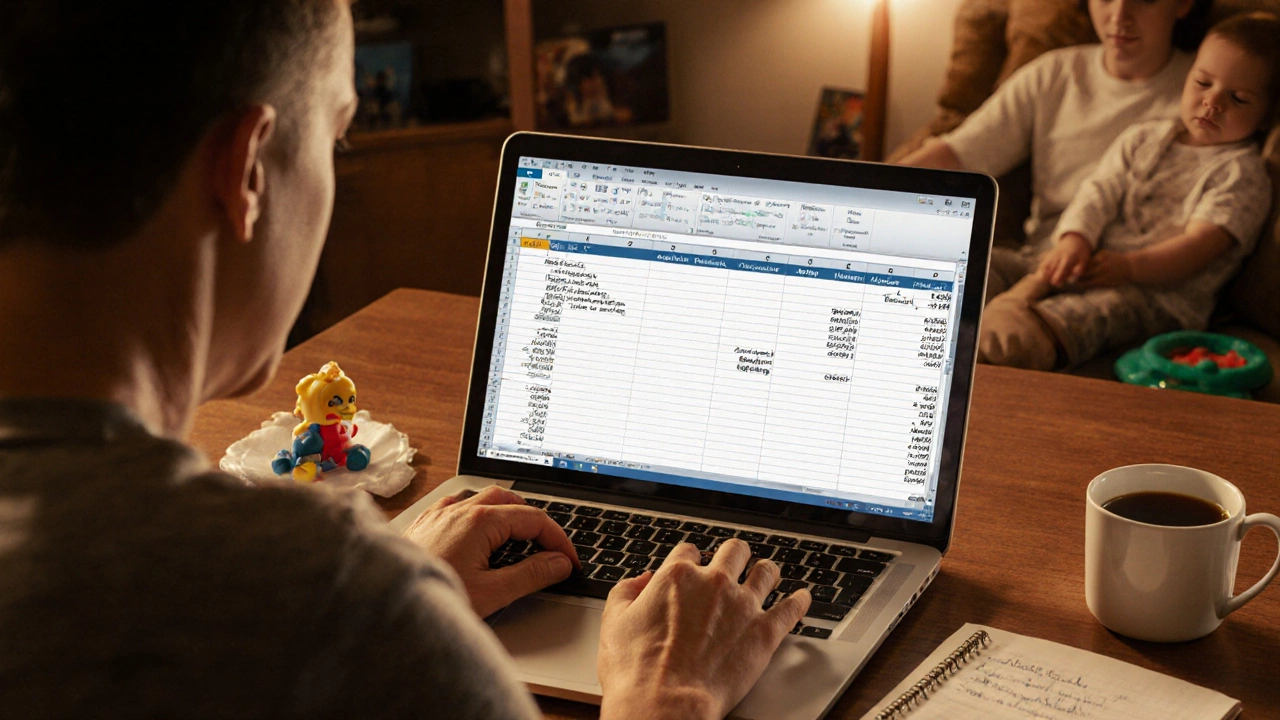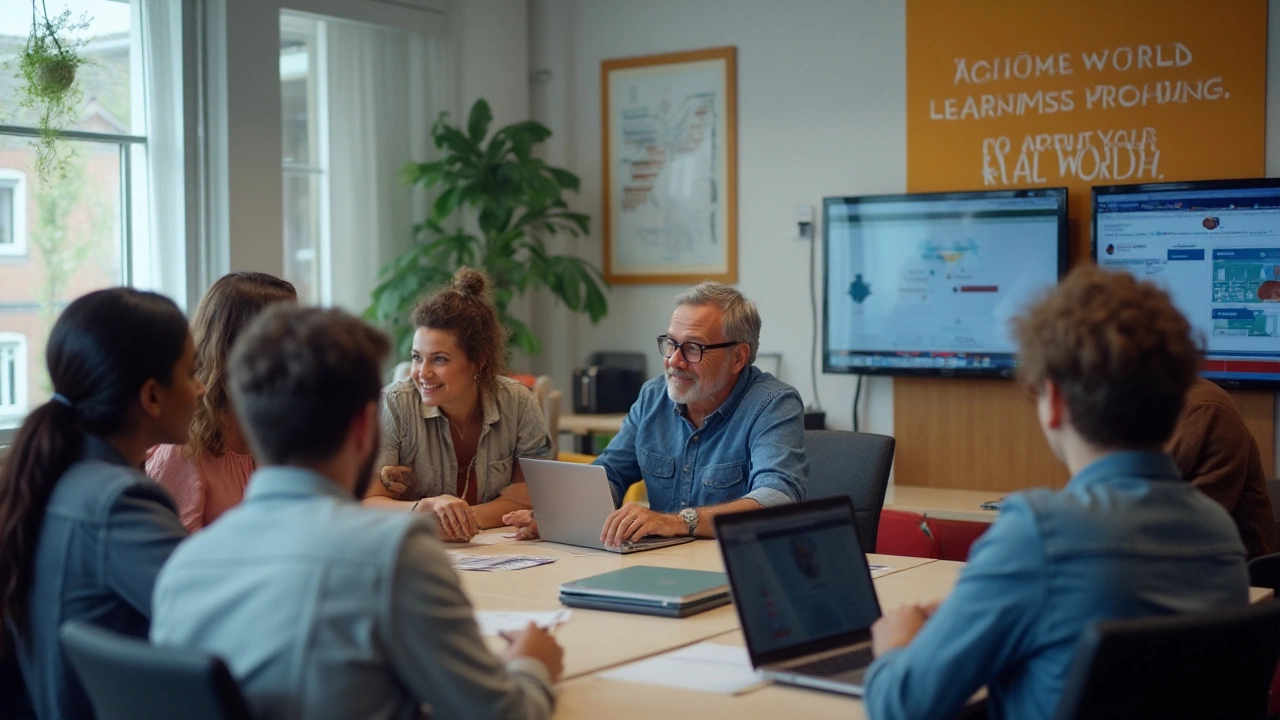Adult Learners – How to Learn Faster and Stay Motivated
If you’re juggling a job, family, or anything else, learning as an adult can feel like a mountain. The good news is that your brain actually works in a way that can give you an edge. You have life experience, clear goals, and the ability to choose what matters most. Below are the basics that make adult learning click and some easy steps you can start using today.
Why Adult Learning Is Different
First off, adults aren’t blank slates. You already know why you want to learn – whether it’s a new skill for a promotion, a hobby, or a qualification. That purpose fuels motivation more than any test score ever could. Second, you bring real‑world examples to every lesson, so concepts stick faster. Third, adults usually prefer self‑directed study. You pick the format that fits – video, podcast, article, or hands‑on practice – and you skip the fluff.
Research on andragogy (the theory of adult learning) shows that adults learn best when they can see immediate relevance. That’s why a quick project or a real problem to solve works better than endless theory. It also means you don’t have to wait for a formal class; you can create mini‑projects at home or at work and learn on the spot.
Practical Tips for Success
1. Set a clear goal. Write down exactly what you want to achieve in the next month. Instead of “learn Excel,” try “create a budget spreadsheet with formulas”. A specific goal tells your brain where to focus.
2. Break it into bite‑size chunks. Chunking keeps you from feeling overwhelmed. Spend 15‑20 minutes on a single feature, then take a short break. Over time those small wins add up.
3. Use the “learn‑by‑doing” loop. Watch a short tutorial, then immediately try the skill. If you’re studying a language, speak out loud right after learning a phrase. The instant practice cements memory.
4. Leverage your experience. Relate new ideas to something you already know. If you’re learning project management, compare it to planning a family vacation – both need timelines, resources, and contingency plans.
5. Choose the right format. Some people retain info better from videos, others from reading. Test a few methods and stick with the one that feels natural. Podcasts are great for commuting; articles work when you have a quiet desk.
6. Track progress. A simple checklist or a habit‑tracking app gives you visual proof you’re moving forward. Seeing a line of completed tasks fuels motivation for the next one.
7. Join a community. Even adult learners benefit from a bit of peer support. Look for forums, local meetup groups, or online study buddies. Sharing challenges and wins makes learning feel less lonely.
Remember, the biggest obstacle is often the belief that you’re “too old” to learn. In reality, adults have the advantage of discipline and purpose. By applying these tips, you’ll turn learning into a habit that fits your schedule and your life.
Got a specific skill in mind? Start today with a five‑minute search, set a tiny goal, and watch how quickly you make progress. Adult learning isn’t a sprint; it’s a steady climb, and each step brings you closer to the results you want.












